Table of Contents
Jasmine Tea Benefits- Everything You Need To Know!
For generations, people have enjoyed jasmine tea benefits. Both tea and jasmine were grown in China throughout the Tang Dynasty (618-907), and jasmine tea may have been consumed before that time. Drinking jasmine tea is a joyful experience for many individuals. It may also be beneficial to one’s health.
Although some people use black tea or oolong to prepare jasmine tea, the conventional brew uses green tea leaves. Growers blend green tea leaves with jasmine blossoms in the traditional method. They pluck and replace the blooms till the scent of the flowers permeates the tea. Although the jasmine aroma enhances the tea-drinking experience, most of the health benefits of jasmine tea are derived from the tea itself.
What Is Jasmine Tea?
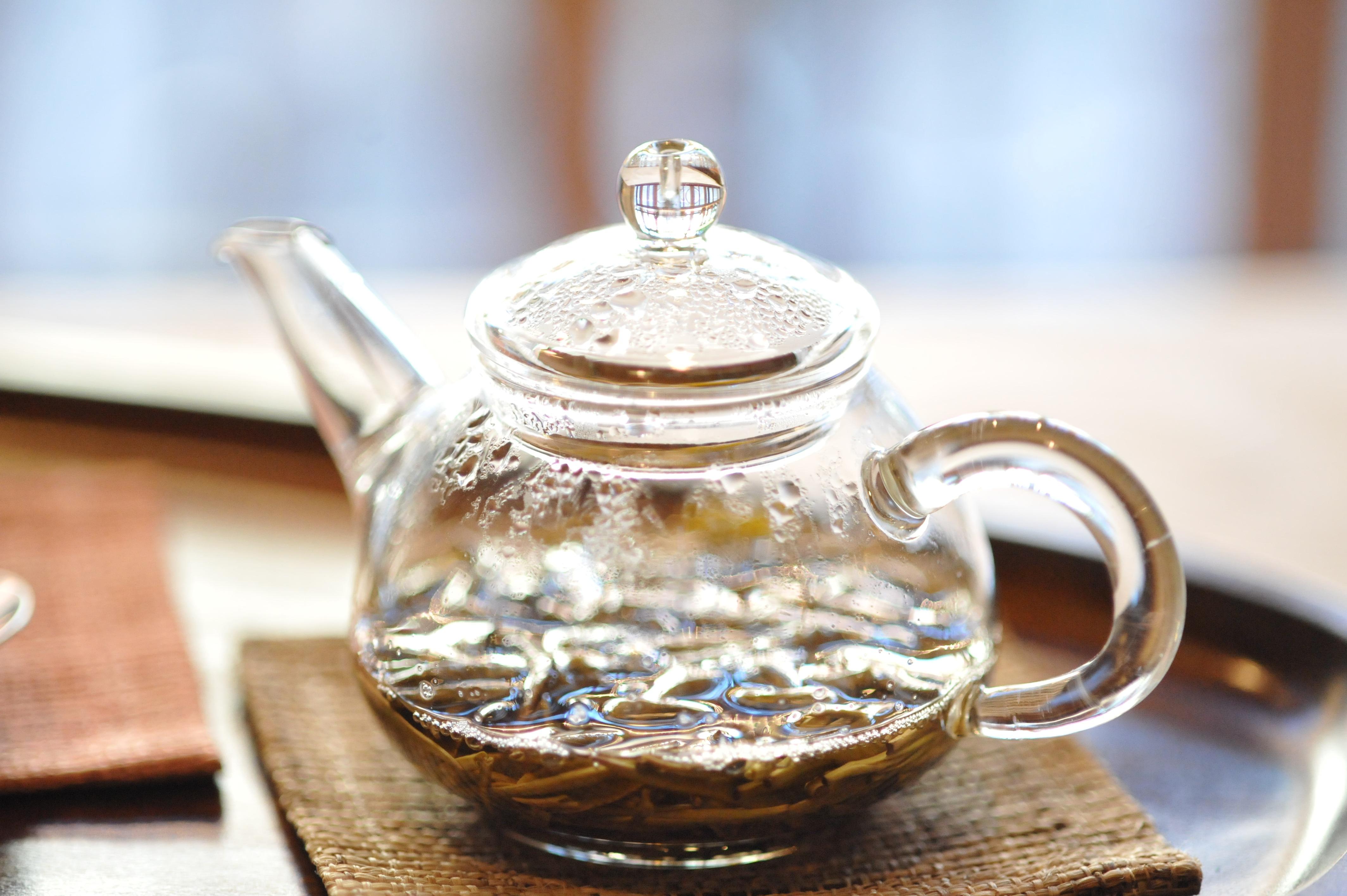
Jasmine tea is made by combining two types of tea. Green tea is commonly used, but white, black, and even oolong teas are occasionally used. Not only will the teas differ, but so will the jasmine. Jasmine blossoms come in two varieties: common jasmine (AKA Jasminum officinale) and Sampaguita (Jasminum sambac).
The common jasmine is the older of the two species, and it is thought to have been imported from Persia’s exotic lands. Even in today’s world, jasmine vines draping themselves over everything in sight and blooming with their bright and intense star-like blossoms is enough to make you drool.
Making jasmine tea is an art, and the way it is made shows how delicate and tasty it is. They are picked when the tea leaves are fresh and smell good in late spring. Then, they are dried in different ways, depending on whether the tea is black, white, green, or oolong. This is called oxidation. The tea is then put away for a few months until the jasmine is ready to bloom.
Jasmine flowers in late summer, when it’s very hot and stuffy. When the temperature is at its highest, they are picked at noon. At this time, the jasmine bud stays closed to protect itself from the sun. It won’t open until it’s cool and ready to do so. It’s done this way to make sure it smells the best. But in another way, the flowers are picked at night, when they are said to be fully open and smell the best.
Flowers that have just opened are put with the tea leaves carefully controlled. So that the tea leaves can soak up that delicious floral scent, the temperature and environment have to be just right. Depending on the quality of the tea and how thoroughly it was prepared, it may be scented multiple times (always with fresh jasmine blossoms), which can take anywhere from a day to several weeks.
How to Prepare Jasmine tea
Jasmine tea is prepared from green tea leaves or unfermented leaves, but it can also be prepared from black tea leaves (which have been entirely oxidized), oolong tea leaves (which have been partially oxidized), or white tea made from fresh growth buds and young leaves.
Although you can make jasmine tea at home by combining freshly gathered jasmine flower petals using dried tea or tea bags, certain species of jasmine are poisonous, so it’s better to buy from a branded tea manufacturer rather than growing your own. Jasmine pearl tea is a hand-rolled tea that has been combined with jasmine blossoms.
Here’s how to make the best jasmine tea to gain most jasmine tea benefits:
- Heat the water (filtered water is ideal). Set the temperature of an electric kettle to 175 degrees.
- Fill a teapot half with hot water and add your tea.
- Cover and steep for three minutes.
- Pour into your favorite mug after straining loose tea or removing the teabag.
- Have a sip and Enjoy!
For cold-brew iced tea, put the tea in a pitcher of water and let it sit at room temperature for six to twelve hours. Strain the mixture and chill it in the fridge or pour it over ice—some people like their jasmine tea with a little bit of sugar, honey, or milk.
Nutrition Information on Jasmine tea benefits
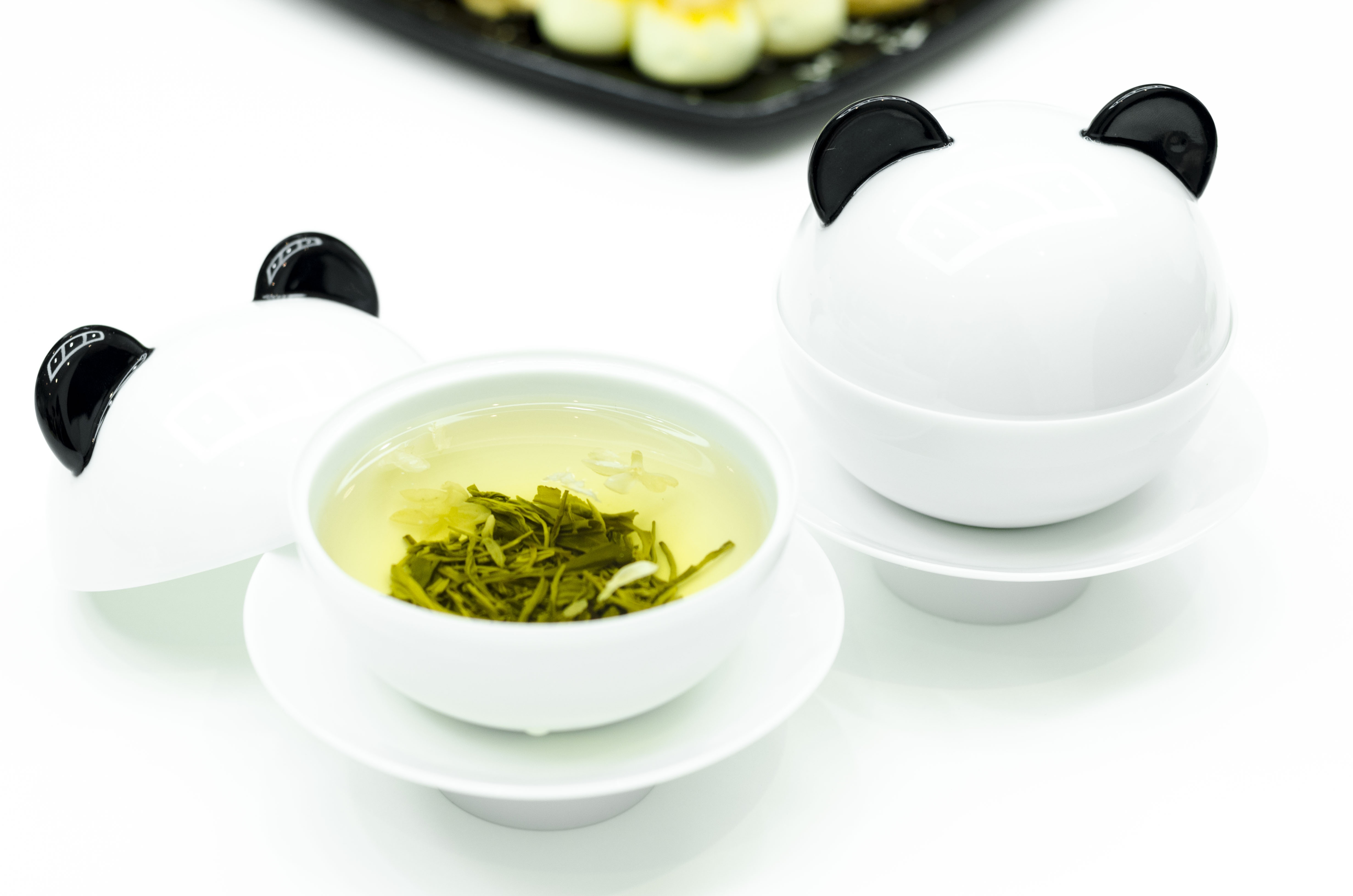
Jasmine tea, like many teas, has little nutritional value unless it is mixed with milk, honey, or other dietary ingredients.
One cup of jasmine tea contains:
- Carbohydrates: 0 g
- Fat: 0 g
- Protein: 0 g
- Calories: 0
- Sugar: 0 g
- Fiber: 0 g
Some of the vitamins and minerals in jasmine tea come from the green tea leaves:
- Iron (Fe)
- Copper (Cu)
- Zinc (Zn)
- Potassium (K)
These nutrients can be found in trace amounts or small amounts in jasmine tea.
Does Jasmine Tea Contain Caffeine?
Jasmine tea contains the same amount of caffeine as basic tea. Caffeine is naturally present in both green and black tea. Green tea contains 9 to 63 mg of caffeine per 8-ounce drink, while black tea contains 42 to 79 mg. An average cup of coffee has nearly 100 mg of caffeine.
You can also find jasmine tea with no caffeine that has been decaffeinated during the manufacturing process.
Jasmine tea benefits health
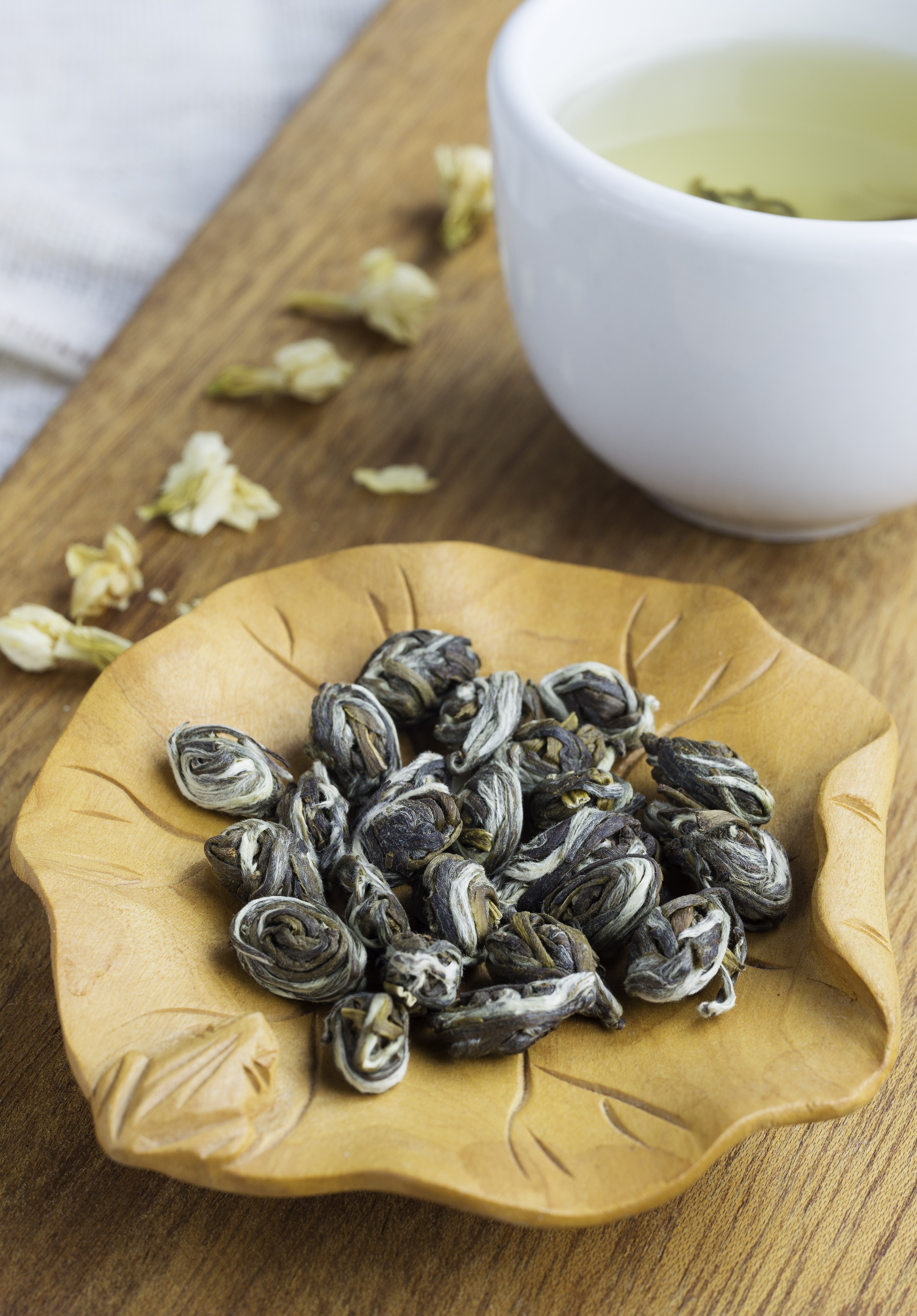
Because most commercially available jasmine tea blends do not contain actual blossoms (but are scented with essential oil or fragrance), many of the advantages of jasmine tea are derived solely from the green or black tea leaves used to make the drink.
Caffeine gives a brief metabolic and mental boost, but it might have detrimental side effects if you are sensitive to it or consume high amounts of it (over 200 milligrams per day).
While studies have shown that drinking jasmine tea has some health advantages, green tea has the most favorable impacts. Green tea is rich in antioxidants, particularly catechins. Scientists are mainly interested in one catechin in particular: epigallocatechin gallate, or EGCG.
Some studies may make it hard for you to get the same benefits. Few people in the study drank more than one cup of tea a day. In a series of studies, green tea extract was used instead of brewed green tea. Still, drinking one or more cups of jasmine tea every day probably won’t hurt you and could give you the following health benefits:
1. Improved Gut Health
There have been numerous studies on excellent gut health and how it can affect everything from immune systems to mental well-being. The good thing is that jasmine tea can also improve your intestinal health. This tea contains polyphenols, which serve as prebiotics and nurture your microbiome. There have also been a few animal studies that show jasmine can assist your body in having high amounts of cellular antioxidants and reduce inflammation. This is everything you need for your stomach to thrive.
2. Anti-Aging
Free radicals can also disrupt your skin’s repair and renewal processes. Another advantage of antioxidants is that they prevent this, slowing down the aging process.
Jasmine tea is abundant in antioxidants and helps the body fight free radicals. Free radicals are detrimental in various ways, including accelerating the aging process. Free radicals have also been linked to cancer development in the human body. It significantly lowers the odds of developing cancer by lowering free radicals in the body. Antioxidants are also beneficial in reducing the aging process.
3. Cancer Prevention
Jasmine tea contains lots of antioxidants, which can help you avoid getting cancer. This is because antioxidants combat free radicals, which have been related to cancer causation.
4. Aromatherapy
Jasmine has therapeutic effects and is hence an extremely effective kind of aromatherapy. According to a survey published in the European Journal of Applied Psychology, inhaling jasmine can lower a person’s pulse rate and have a calming effect on nerve activity and mood.
5. Weight Loss
The tea has catechins, which have fat-burning qualities and aid in weight loss. It achieves this by raising your metabolic rate, which allows you to burn fat faster. According to a recent study, persons who consume jasmine green tea regularly lose weight faster than those who do not.
6. Heart Health
Jasmine tea is believed to lower cholesterol and harmful lipids in the body. Furthermore, it can help to inhibit the formation of new bad cholesterol. These natural remedies assist in lowering your risk of heart disease and stroke.
7. Regulates Circulation
Jasmine tea has been shown to improve blood circulation significantly. As a result, it can aid in the prevention of medical disorders such as clogged arteries, thrombosis, brain damage, blood clots, and thrombosis.
8. Stress Relief
Because of its medicinal properties, jasmine has been used for stress release and as an anti-depressant throughout history.
9. Prevention of Inflammatory Bowel Disease
IBD is a medical disorder characterized by bloating and intestinal pain. Studies have shown that Jasmine tea help lessens these symptoms in two kinds of IBD and Crohn’s disease.
10. Cold Prevention
Jasmine green tea contains antiviral and antibacterial properties that can help prevent colds and the flu—consuming the tea when sick can also help you recover faster. Some people believe that simply gargling jasmine tea helps prevent illness, but I don’t see the point when the stuff is so tasty. Drink it!
The Antiviral and antibacterial properties help prevent colds and influenza. Gargling with jasmine tea is often thought to prevent sickness. Jasmine tea consumption can also result in earlier recovery from such conditions.
11. Good for Oral Health
It is vital to keep your teeth clean, strong, and ready to bite down on life, especially as we age and our teeth lose some of their glossy bright shine. Because of the number of catechins found in green tea, jasmine tea can help restore health. According to one study, using a green tea-based mouthwash for one week had the same benefit as using an antimicrobial mouthwash. Another study found that jasmine tea could help eliminate foul breath by killing bacteria.
12. Induces Sleep and Prevents Insomnia
While jasmine tea contains a small amount of caffeine, depending on the tea base, drinking a cup a few hours before sleeping can be useful for your sleep ritual. The aroma of jasmine blossom stimulates the parasympathetic nervous system, which helps the body relax and the mind calm down.
It can also keep the body from tossing and turning and getting comfortable all night because it helps the digestive system relax. If you want to incorporate jasmine tea into your bedtime ritual, choose pure jasmine tea or a green tea base with less caffeine than black tea.
13. Provides Healthy Hair
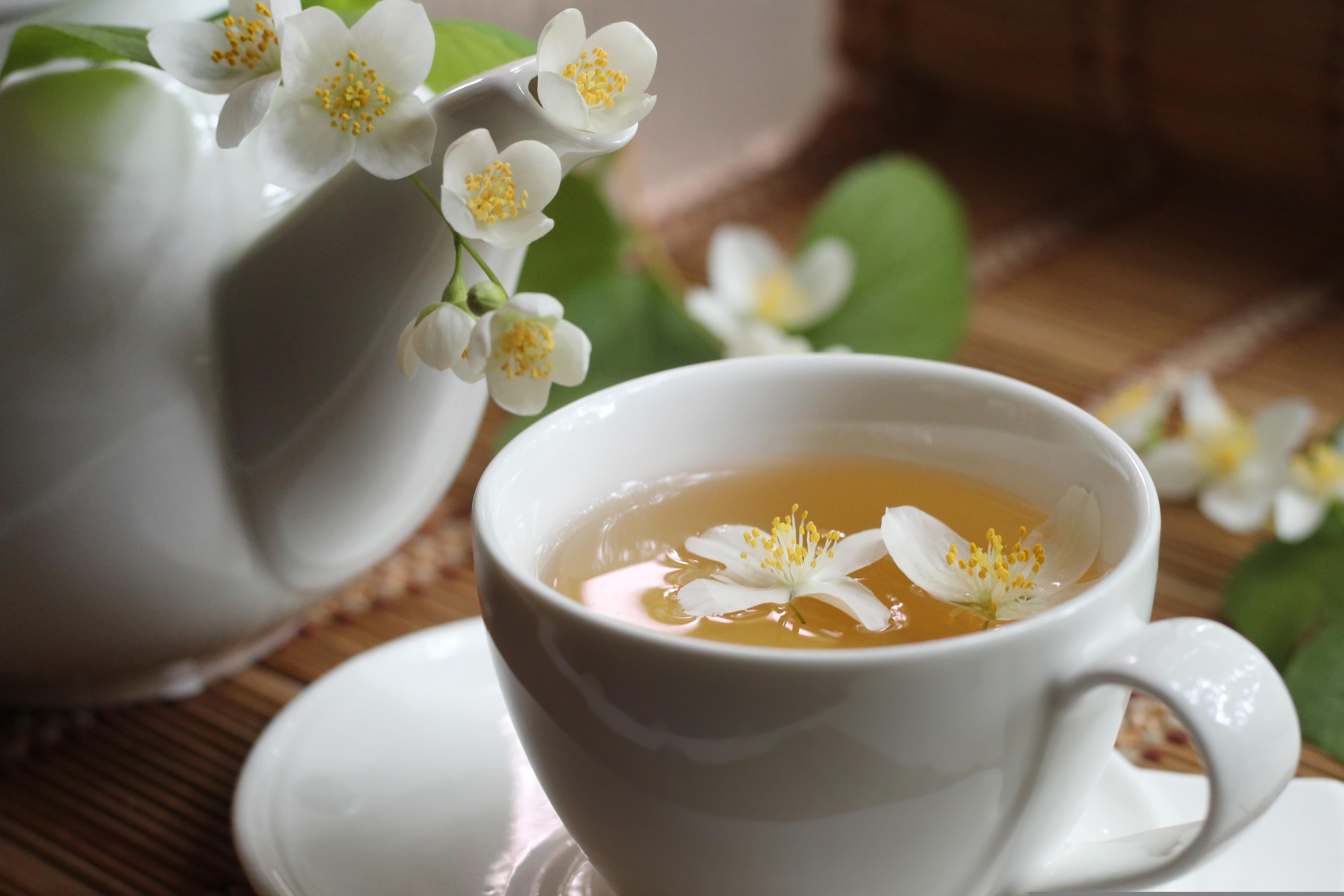
Increase your intake of cheerful jasmine tea to achieve lush, thick, and healthy hair. This lovely floral brew has amazing hair benefits. It can even help maintain your scalp healthy and combat fungal or bacterial infections. Jasmine tea keeps your scalp shining and bright, but the caffeine level in the green tea base is also thought to stimulate hair growth. Studies have shown that green tea can help stop hair loss too.
14. Improves Mental Health & Balances Emotions
Research has proven that jasmine aromatherapy can work wonders on your nervous system and help talk you down from a high-stress ledge. The pleasant flowery aroma of jasmine tea positively affects your central nervous system. This plant has been used for centuries to help prevent sadness, tension, and anxiety symptoms.
This is because jasmine oil directly affects your nervous system’s neurotransmitter GABA. According to studies, the aroma of jasmine is as relaxing as valium, which is fantastic news for individuals in need of emotional balance and healing during times of severe stress.
15. High in Antioxidants: Polyphenols and catechins
Give yourself a cup of jasmine tea and say hello to a slew of amazing antioxidants, gorgeous polyphenols, and cool catechins. This tea has many components that can help protect your body from free radicals. One of the most potent molecules in this group is epigallocatechin gallate, catechin (EGCG for short). EGCG is wonderful and has many advantages, including heart health, oral health, and reducing inflammation and other issues.
16. Reduces the Probability of Stroke and Heart Attack in Men
For men predisposed to heart disease and stroke, including jasmine tea throughout your daily routine will help keep you healthy and fit. Tea’s antioxidant content and catechins have lower triglycerides and lower the risk of bad cholesterol in the body. Given that cholesterol is a major risk factor for heart attacks and strokes, it’s no surprise that studies have found a correlation between better heart health and jasmine tea. Many clinical investigations have proven that this tea is fantastic for maintaining good cholesterol levels.
Side Effects of Jasmine tea
Although there are plenty of benefits of jasmine tea, you must consider the side effects as well before switching. The U.S. Food and Drug Administration recognized jasmine as safe.
Jasmine tea is aromatic, with a subtle and sweet floral taste. It is highly beneficial and has few to no adverse effects for regular people. For those who want caffeine-free teas, it’s worth noting that jasmine tea contains a little amount of caffeine, though you can choose the green tea base if you want to consume less caffeine than black tea.
Pregnant women should avoid jasmine tea as the strong aroma and chemical ingredients may cause preterm contractions (in rare situations). Those with medical issues, particularly iron shortages such as anemia, should proceed cautiously and consult with their doctor before sipping jasmine tea.
Any caffeinated beverage might cause negative effects, especially if taken in high amounts. Too much caffeine from tea and other liquids may cause headaches, nervousness, shakiness, or difficulty sleeping.
Final words
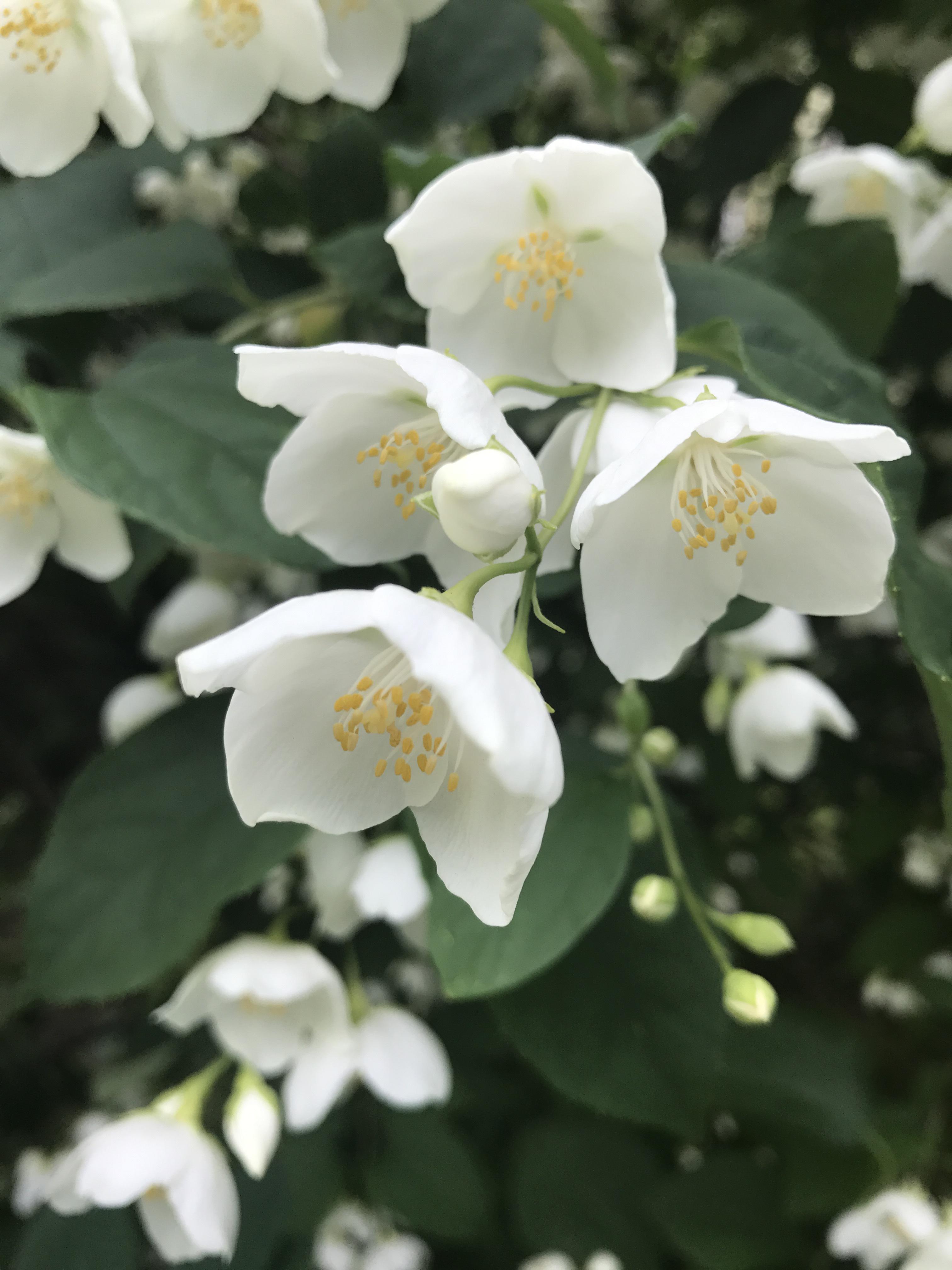
Jasmine tea is made from green or black tea leaves and jasmine tea benefits are good for you. It has a lot of antioxidants and has been linked to a lot of great health benefits.
For example, drinking jasmine tea might make you less likely to get heart disease, dementia, and some cancers. It might also help you lose weight, take better care of your teeth, and make your brain work better.
The best part is that jasmine tea tastes great and is easy to include in your diet. Try adding jasmine tea to your diet to get the many health benefits it offers.
FAQs
What are jasmine tea benefits?
It’s high in antioxidants and connected to outstanding health benefits. Drinking jasmine tea, for example, may reduce your chances of heart disease, mental decline, and certain cancers. It may also aid in weight loss, oral health, and cognitive function.
Is jasmine tea healthier than green tea?
Both are high in antioxidants, which can reduce your risk of cancer, enhance your immune system, and improve the quality of your skin and hair. However, if you want to consume tea for relaxation and calming effects, jasmine tea is the ideal option.
Does jasmine tea make you sleepy?
Jasmine tea is a natural sedative for both the mind and the body. Jasmine has a relaxing impact on the neurological system, which helps with restlessness, irritation, and Insomnia. The aroma of jasmine can be more powerful than sleeping drugs as a sedative. Jasmine tea has also been shown to relieve muscle stress.
Is jasmine tea high in caffeine?
Caffeine is not present in the natural content of jasmine tea. Caffeine is added to green tea’s natural properties as soon as it comes into touch with it. The caffeine content of the blend is estimated to range between 20 and 60 mg per cup.
When should I drink jasmine tea for jasmine tea benefits?
When should you consume jasmine tea? Because jasmine tea contains a small amount of caffeine, caffeine-sensitive people may prefer to consume it during the day.
How much jasmine tea should you drink each day?
Most people can safely consume up to 2-3 cups of jasmine tea or other green teas per day.
Are there jasmine tea benefits for the throat?
Green tea and jasmine both have anti-inflammatory and antioxidant characteristics to help relieve sore throats. Furthermore, the floral perfume of jasmine is lovely and encourages relaxation. To relieve throat pain, drink one cup as needed.
These were some of the best jasmine tea benefits you can enjoy every morning.


